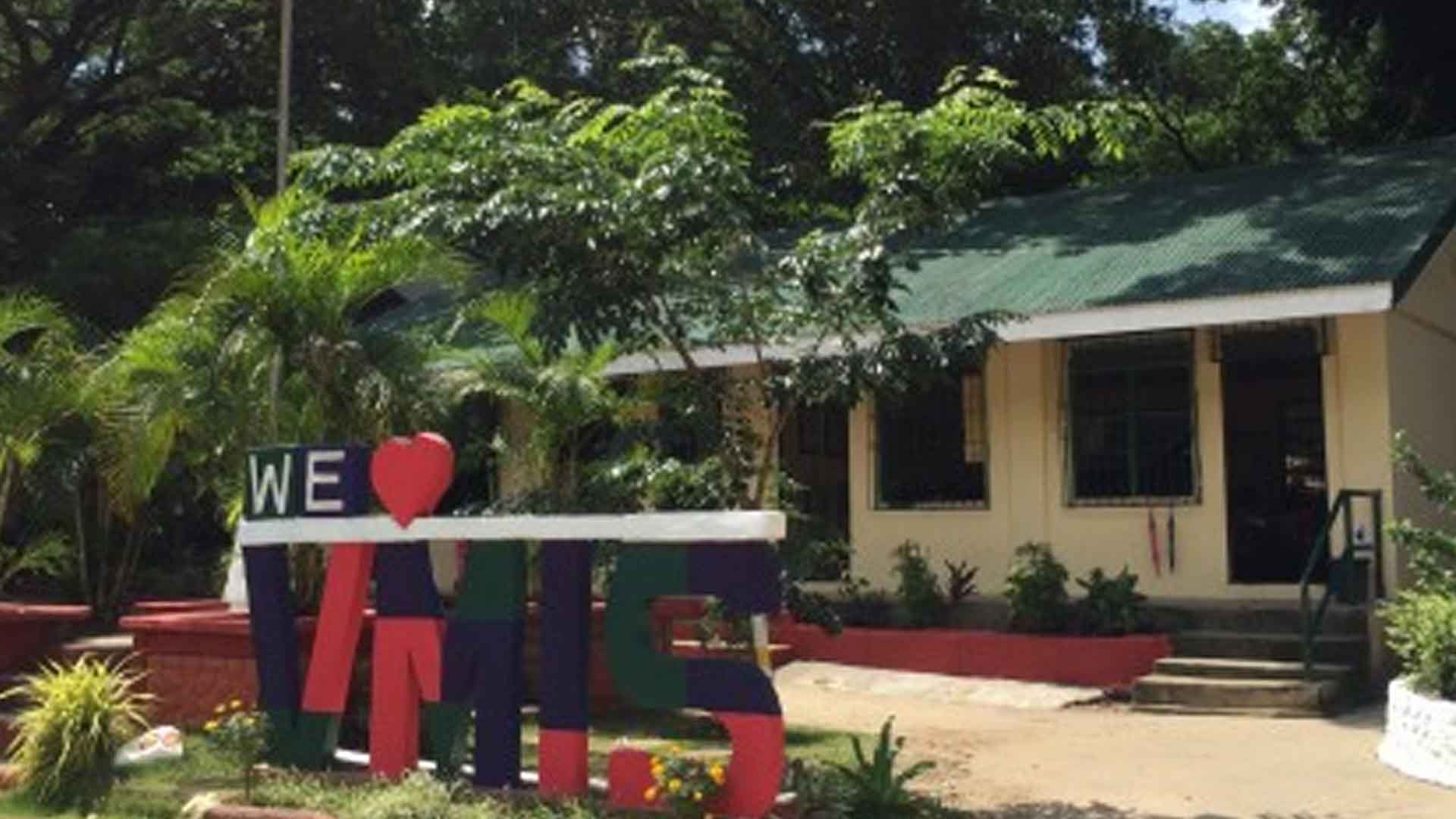Teaching under a “new normal” setup poses a lot of challenges to the education sector.
More so to the teachers in remote communities where providing an online teaching is not an option due to lack of signal and internet connections.
But these limitations did not dampen the spirits of teachers in an upland village in Porac this province to address the distance learning barrier amid the coronavirus disease 2019 (Covid-19) pandemic.
Marizen Castro Tolentino, principal of the Villa Maria Integrated School in Porac, a rural school where most students come from the Aeta community, said in an interview “that no one should be left behind in accessing education amid the challenges of the Covid-19.”
Armed with such strong determination, Tolentino, together with 22 teachers in the school, came up with an innovative project to address the needs of the learners in the coming school opening.
Dubbed as “Sulong Dunong sa Kolong-Kolong para sa Edukasyon” (Advance Knowledge using Motorized Trikes for Education), she said they will bring learning modalities that do not require an internet connection and other digital devices to the Aeta community.
The program will benefit 511 learners from elementary to high school with the use of improvised motorized trikes, which Aetas call as “kolong-kolong”.
Aside from the learning materials, the motorized trike has television with recorded instructional videos for the students.
Under the concept, teachers, together with volunteers, will bring learning materials in a designated area which will be distributed to learners while observing health safety protocols.
The learners will bring home the learning materials which they will study and answer their lessons.
Teachers will then return to the area to get and check the given assignments within the same week they distributed the materials.
“Online learning is not possible due to lack of signal and internet connections and students do not have gadgets. Television and radio are also not available, the most applicable is the learning modules that will be distributed to children,” she said.
Likewise, teachers at the Nabuclod Integrated School, an Aeta school in Floridablanca in this province, also apply a modular distance learning that does not need any gadgets to bring education closer to the students.
School principal Jocelyn Atun said they conducted several consultations with the parents on how to conduct the “new normal” way of educating the children.
Through modular distance learning, she said there is no need for any gadgets to continue the study of Aeta students.
“We will bring the learning modules at a designated place and time to impart education to our Aeta students,” Atun said.
She admitted this is not an easy task for the teachers considering that is an upland community.
But Atun said this is their commitment and “we have to bring education to our indigenous learners,”. (PNA)







